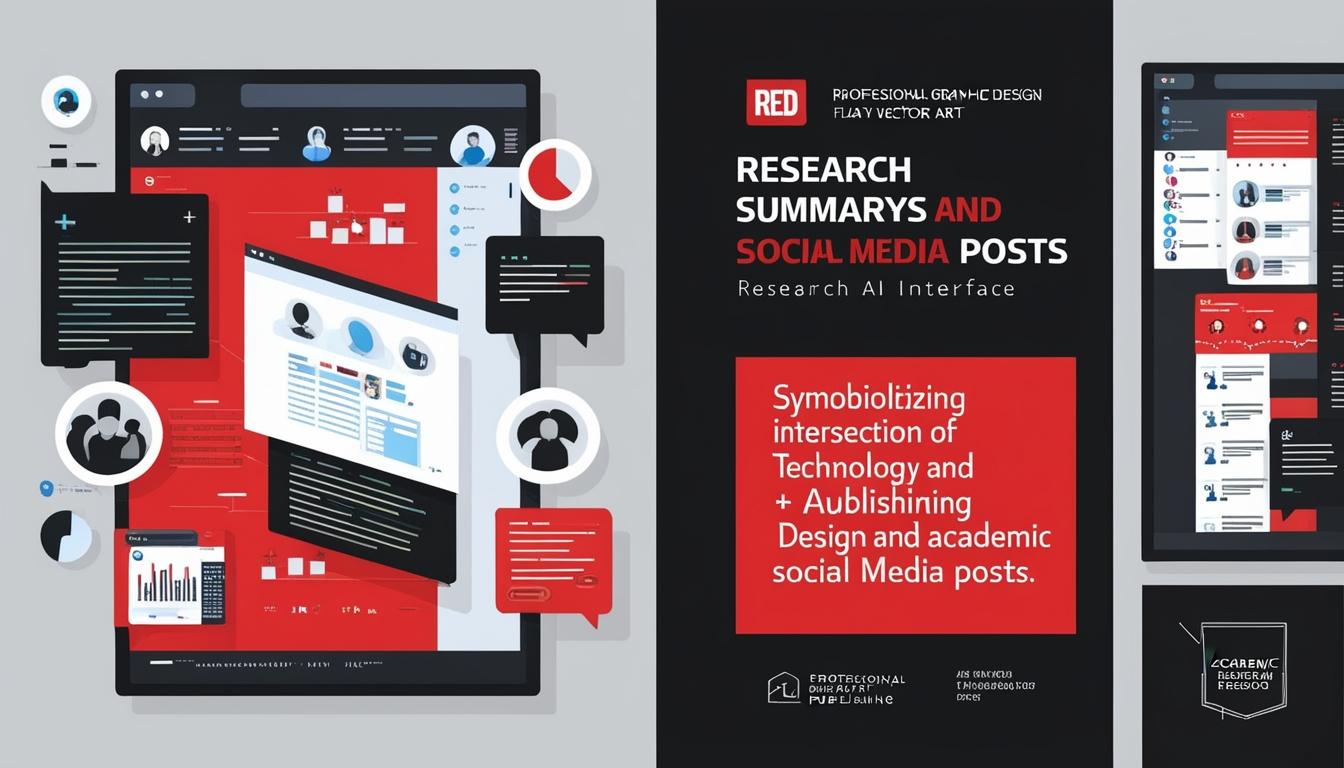Springer Nature, a prominent publishing house known for its scientific journals, including "Nature" and "Scientific American," has introduced a package designed to assist authors in promoting their research through AI-generated "Media Kits." The initiative aims to summarise and enhance the communication of complex research findings, making them more accessible for various audiences.
In an email communication to authors obtained by Futurism, Springer Nature outlined the contents of the $49 Media Kit. This offering includes a 250-word summary in plain language intended to simplify research for the general public, a 300-word research brief tailored for academic peers, an audio summary created by AI, and ready-to-use social media posts for dissemination across multiple platforms. The publisher asserts that automating this process relieves researchers of the burden of distilling their intricate work into promotional formats, which can often be a labor-intensive task. The email stated, "We know how important it is to communicate your research clearly and effectively to both your peers and the broader public, but it can be tedious and time-intensive to create concise and impactful texts for different audiences."
However, concerns have been raised regarding the reliability of the AI-generated outputs. Springer cautions that "even the best AI tools make mistakes," urging authors to meticulously review and amend the content produced before it is used, ensuring it accurately conveys the nuances of their work.
Simon Hammann, a food chemist based at the University of Hohenheim in Germany, who has authored papers published by Springer, has voiced criticism of the offering, labelling it a "cash grab." He remarked, "It's jumping on the AI bandwagon, where we throw AI at about anything, useful or not. I am even more annoyed by the price tag." Hammann highlighted that many of the components within the Media Kit, particularly the research brief, are tasks that authors typically complete during the writing process without any additional cost. He expressed disbelief that publishers would seek to monetise an aspect of the publication process that traditionally falls under their responsibility.
Springer Nature has claimed that AI will play a significant role in advancing both their business model and the scientific field itself. Last year, the publisher announced plans to leverage AI to enhance efficiency within their editorial processes, such as implementing an AI-driven tool designed to automate editorial quality checks. This tool is intended to alert editors to potentially unsuitable submissions and could exclude manuscripts from peer review based on AI assessments of editorial fitness.
Additionally, in response to the proliferation of low-quality, AI-generated studies flooding the review process, Springer has developed two bespoke AI tools to identify suspicious submissions. Despite claims of their effectiveness in initial testing, the reliability of AI detection mechanisms remains a topic of debate.
Ultimately, Springer's initiatives underscore the dual nature of their engagement with AI; while they explore ways to expedite tasks for researchers, they are also navigating challenges such as the need for accuracy in research dissemination and the integrity of scholarly publishing. Amidst these developments, Hammann noted the added promotional opportunities offered by Springer, such as the chance to purchase an 82 x 52 cm poster for a publication at the price of $89—demonstrating the publisher's continued inclination to monetise various aspects of the academic publishing process.
As the integration of AI into scientific communication evolves, it remains to be seen how these technologies will impact the practices of authors, the responsibilities of publishers, and the broader landscape of academic research dissemination.
Source: Noah Wire Services
